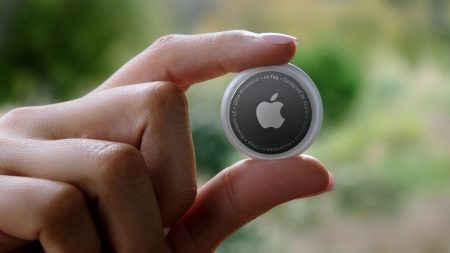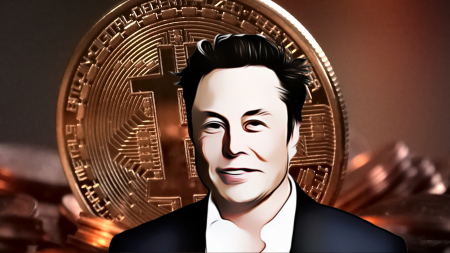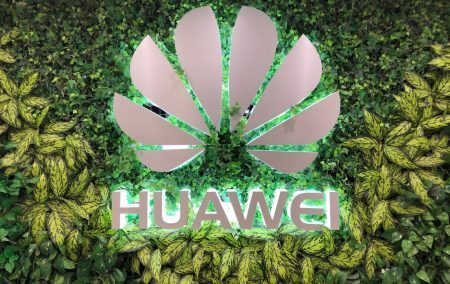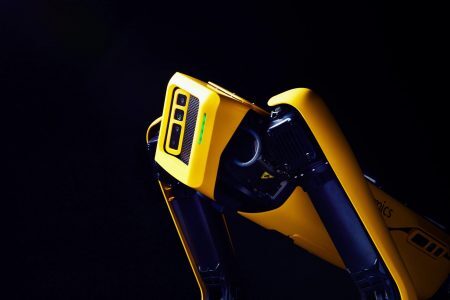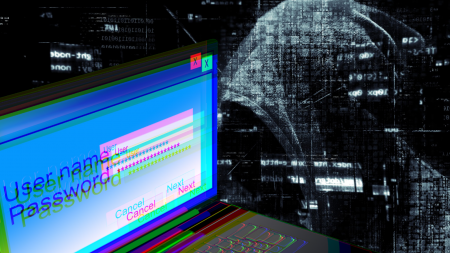Apple recently launched the latest version of its operating system, iOS 14.5, which features the much-anticipated app tracking transparency function, bolstering the…
Browsing: The Conversation
The pandemic has challenged and changed how most people date and hookup. “Monogamy is preferable at this time,” said Horacio…
Data breaches have become common, and billions of records are stolen worldwide every year. Most of the media coverage of data…
Tesla’s relationship with cryptocurrencies has been a stop-start rollercoaster. In February, the electric vehicle manufacturer announced it had purchased US$1.5 billion (£1.1…
The US Defense Advanced Research Projects Agency (Darpa) has recently commissioned three private companies, Blue Origin, Lockheed Martin and General Atomics, to…
Chinese technology provider Huawei was recently accused of being able to monitor all calls made using Dutch mobile operator KPN. The revelations…
China’s space program is making impressive progress. The country only launched its first crewed flight in 2003, more than 40 years after…
Want to be a space tourist? Billionaire Jeff Bezos’s space launch company Blue Origin has announced it will sell its first flights into…
When it comes to dancing, pulling a sled, climbing stairs or doing tricks, “Spot” is definitely a good dog. It…
For more than 15 years, there have been various predictions from tech leaders about the death of passwords. Bill Gates…

